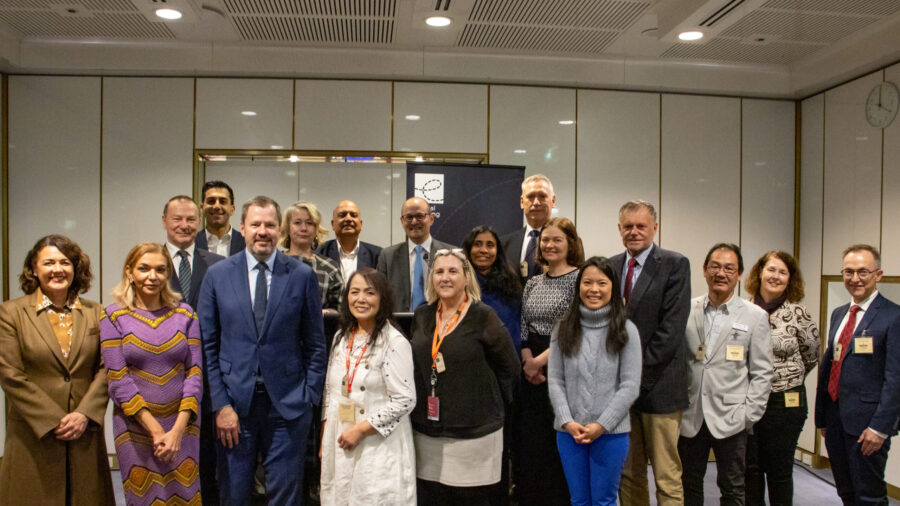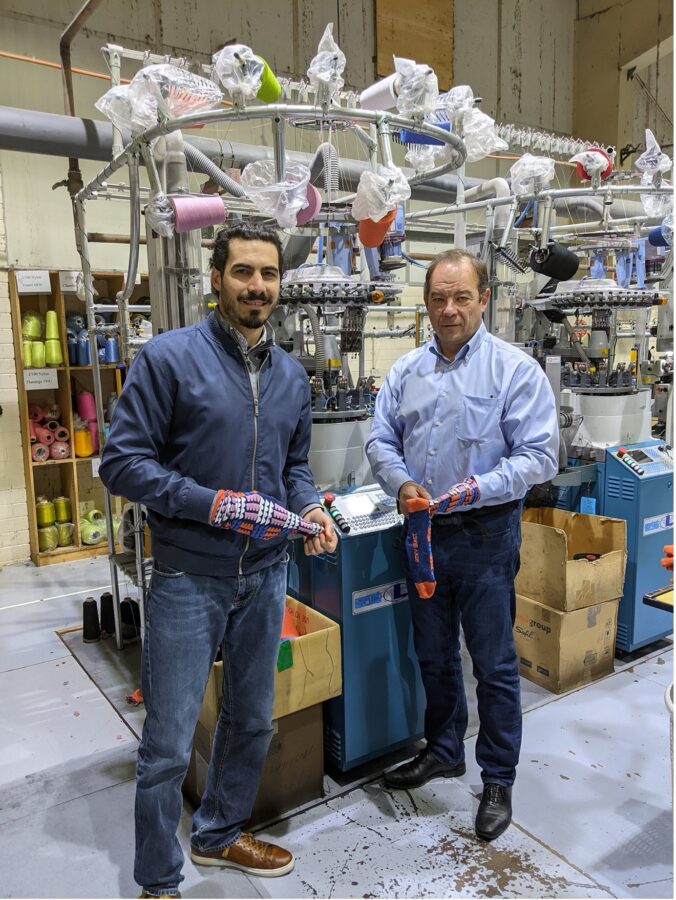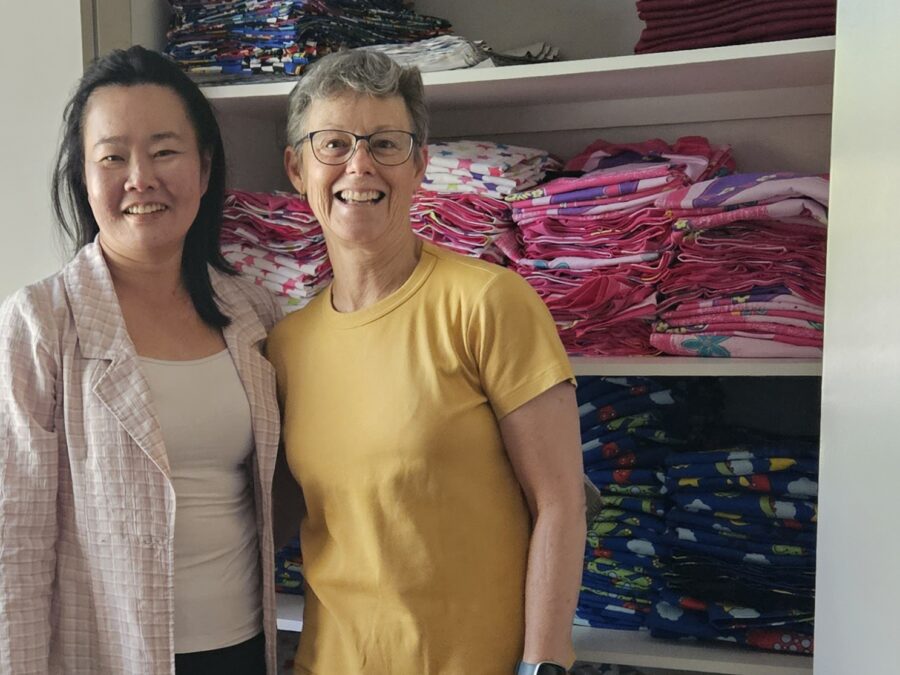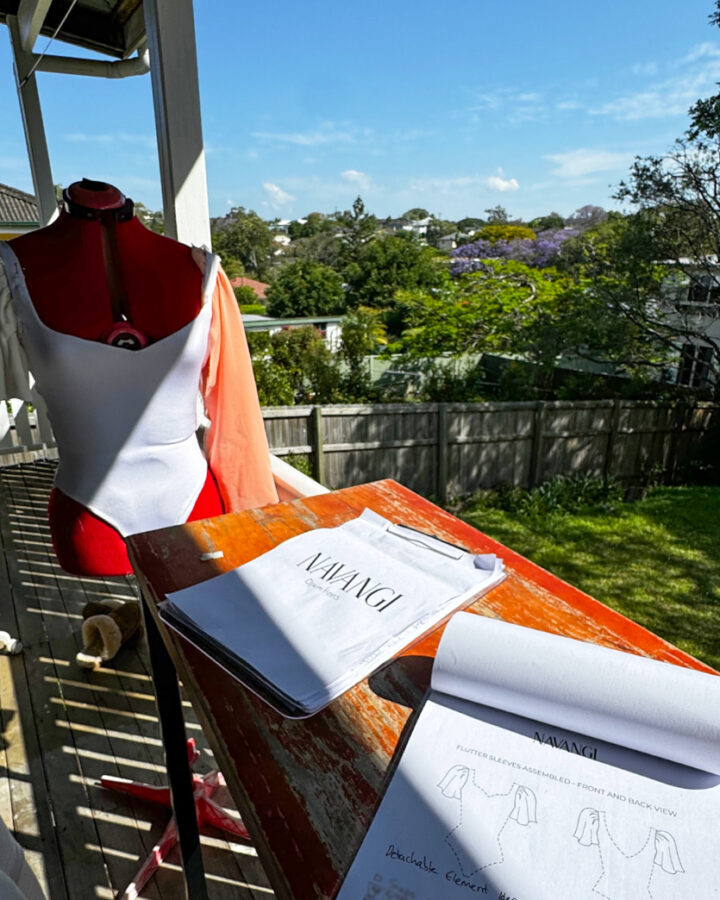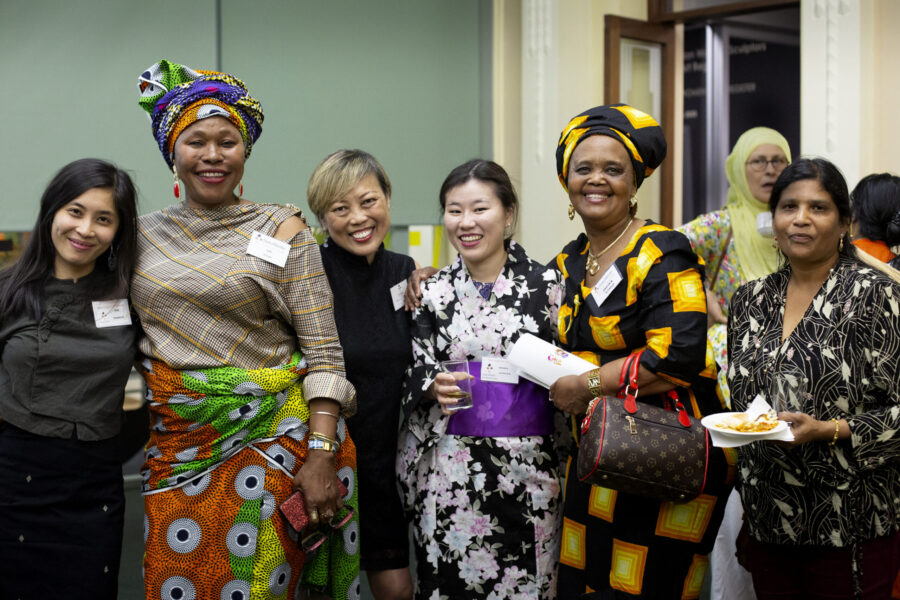Federal Government Unveils First National Environmental Procurement Policy

TCF Industry Update
Federal Government Unveils First National Environmental Procurement Policy
The Federal Government is launching the first national Environmentally Sustainable Procurement (ESP) Policy. This policy will see sustainability targets incorporated into the way the Federal Government sources its products and services within key industries.The first phase of the ESP Policy will begin on 1 July 2024, with a focus on the construction industry. Businesses bidding for government building projects above $7.5 million will be required to meet sustainability outcomes, including reducing waste and using recycled materials. It will also include a framework for measuring and reporting environmental outcomes.
From 1 July 2025, this policy will extend to government tenders for textiles, furniture, and Information and Communication Technology (ICT) goods over $1 million. The policy aims to boost the domestic recycling sector while mitigating the environmental impact of industries deemed to have a significant footprint.
‘The Environmentally Sustainable Procurement Policy is a positive step forward for environmental policy in Australia,’ said Rachel Reilly, the National Manager of Ethical Clothing Australia, ‘However, as we embrace sustainability, we cannot forget the human rights of the people working within these industries. Ethical considerations must remain at the forefront of our efforts when implementing this and future procurement policies.’
The policy follows recommendations made in the interim report by the Circular Economy Ministerial Advisory Group. The report proposed launching a Productivity Commission Inquiry, developing a National Circular Economy Framework, enhancing domestic manufacturing through reuse and recycling, and setting sector-based circular economy targets.
Minister for the Environment and Water Tanya Plibersek stated that the new policy supports a national shift towards a circular economy, ‘Our national procurement policy will cut waste to landfill, help boost recycling and reduce emissions – all while supporting good, local jobs.’
This follows Prime Minister Anthony Albanese’s recent announcement of the Future Made in Australia Act, which is aimed at enhancing local manufacturing across a range of areas, including the Textile, Clothing and Footwear industry.
Seamless, Australia’s incoming clothing product stewardship scheme, welcomed the ESP Policy, highlighting its alignment with their roadmap to clothing circularity and the economic potential for advancing Australia’s recycling industry.
Related articles
Explore more insights, updates and stories from across Australia’s ethical and local manufacturing industry.


